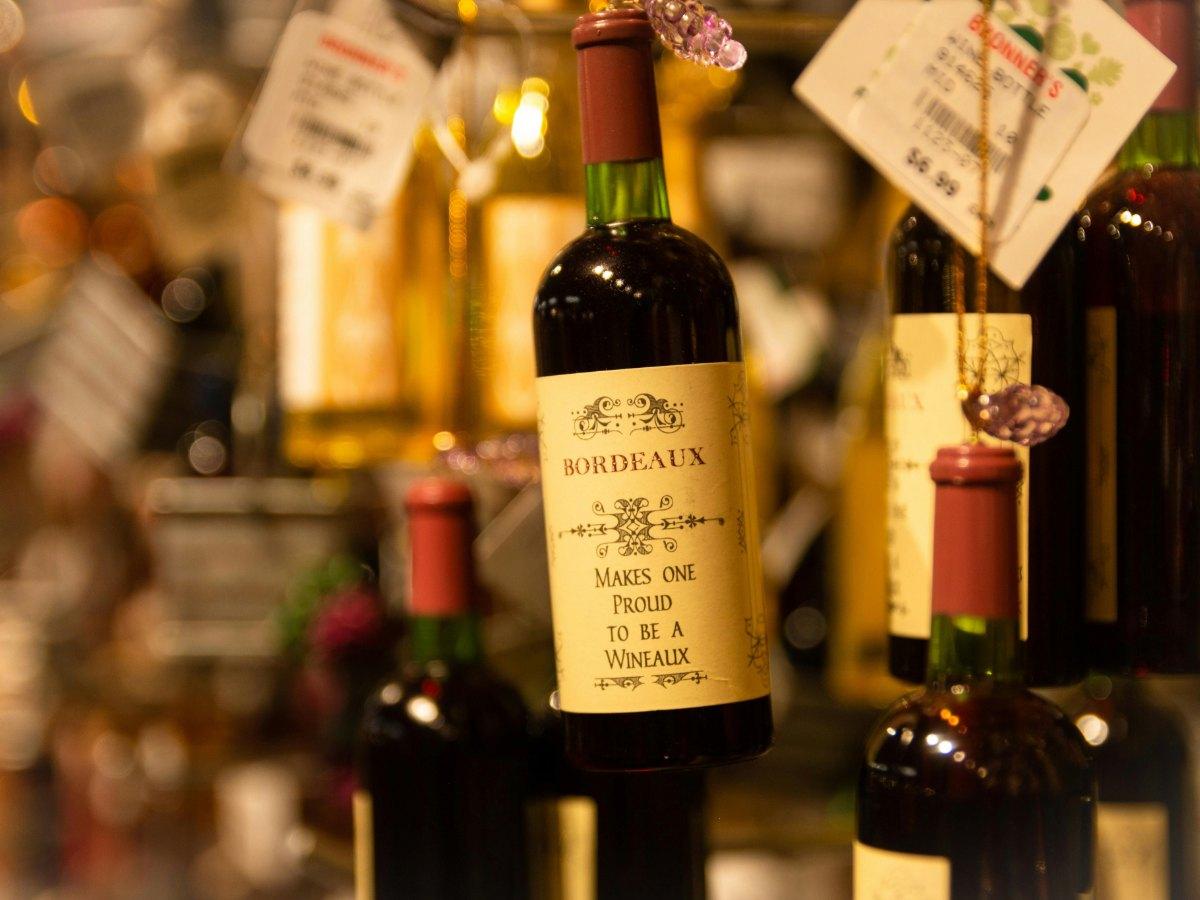Despite cultivating an image of proud conformity – or bucolic simplicity in the case of Burgundy – Europe's wine producers do occasionally rebel. In the 1970s, Piero Antinori and his Tuscan followers upset the apple cart by turning their backs on the DOC system, frustrated by rules that prized acquiescence over quality.
More recently, Juan-Carlos López de Lacalle pulled Bodegas Artadi out of the Rioja DO in 2015, arguing that a single designation covering some 60,000 hectares was simply not fit for purpose. Cue a rash of criticism of the perceived failings of the Consejo Regulador, and separate calls to establish a breakaway framework, Viñedos de Álava, at the heart of Rioja Alavesa.
Yet, when Chateau Lafleur announced it was withdrawing from the Pomerol appellation, it felt different – and more urgent. Pomerol is a prestigious 'brand' recognised worldwide – was this not a gigantic act of self-harm? Indeed, earlier generations had rebelled against bureaucracy in the name of identity and quality preservation; Lafleur described its decision as an act of environmental necessity. Breaking the news in August, the Guinaudeau family's reasoning was disarmingly simple: to preserve the character of Lafleur in an era of climatic upheaval, they needed freedom from the constraints of the appellation rulebook. As they put it: "We change to remain the same."
That paradox sits at the heart of the modern wine world. When I started writing in 2010, I was seduced by the idea of promoting places of origin, rather than grape varieties. A wine appellation was a snapshot in time: the cementing of traditions regarding viticulture and wine style; the protection (in theory) of quality and reputation. Today, they are increasingly perceived as barriers to the very individuality they were designed to enshrine.
Bordeaux's rules on irrigation and permitted varieties, for example, were drafted for a climate that no longer exists. Meanwhile, the quiet inclusion of grapes such as Touriga Nacional and Petit Manseng within the Bordeaux/Bordeaux Supérieur appellations was meant to signal flexibility. But the gesture is tokenistic: those varieties may constitute no more than ten percent of the final blend, while the region's flagship wines remain bound to classic varieties like Cabernet and Merlot. And climate change has no respect for tradition.
Unless something radical changes, the quiet trickle of dissent may become a torrent.
To be, or not to be
So is the answer reform or repeal? A growing number of voices in the industry, led by Loic Pasquet of Liber Pater, demand revolution.
"Appellations were a good idea that has aged badly, " said Pasquet.
"The modern guarantee is that the consumer is buying a flawless and non-toxic wine. This is from the food industry. I stopped belonging to an appellation because I refuse to produce an industrial wine. What is the benefit of having an AOC? Nothing. They are managed by the wine industry with the overarching goal of producing a standardised product."
The only saving grace, he added, is that "appellation councils are mostly chaired by incompetent people, so all this will come to an end."
Pasquet's rhetoric has great appeal to some, particularly trailblazing winemakers in the vast expanse of the Languedoc. As Domaine Gayda's winemaker Vincent Chansault has observed: "The appellation rules, especially in the larger zones, are probably not adapted to the energy and passion of the emerging generation shaping the region's future. I know lots of friends who don't produce AOP anymore just because of the waste of time, effort, and energy the French bureaucracy imposes."
However, defenders of the system argue, with some justification, that appellations provide coherence and consumer trust. They (at least in theory) protect provenance, while offering smaller producers the reassurance of collective reputation. A bottle of Chablis or Pauillac, even at a modest price, carries the imprimatur of a region that has centuries of pedigree. Yet such arguments are harder to justify in an era increasingly defined by individual brand power and digital marketing.
For stakeholders such as Pasquet, the bureaucratic machinery underpinning Europe's AOP system can stifle innovation, being dominated by major companies whose commercial interests depend on maintaining volume and stylistic uniformity. And yet, none of this is to suggest that appellations have no future. The concept of origin – of wine as an agricultural product shaped by place – remains vital. Unfortunately, the reforms to date have been largely piecemeal rather than visionary: Rioja's nascent effort to recognise single vineyards and experimentation with new varieties in Bordeaux. But the climate crisis requires urgent reform - notably varieties and blends, but also viticultural management. It demands a dynamic system, one capable of embracing adaptation without sacrificing authenticity.
Perhaps what is ultimately needed is a philosophical shift: from regulation to facilitation. Lafleur's departure from Pomerol may prove to be a symbolic turning point, not because it guarantees a future mass exodus, but because it exposes a contradiction at the heart of European wine law.
The old covenant between place and product must now be rewritten for our volatile world. History tells us that every great wine revolution begins with a small act of defiance. The only question is: what comes next?

Appellations: Time to Die?
Are Europe's storied appellations past their sell-by-date?

Can appellations survive the climate crisis?









.png)









